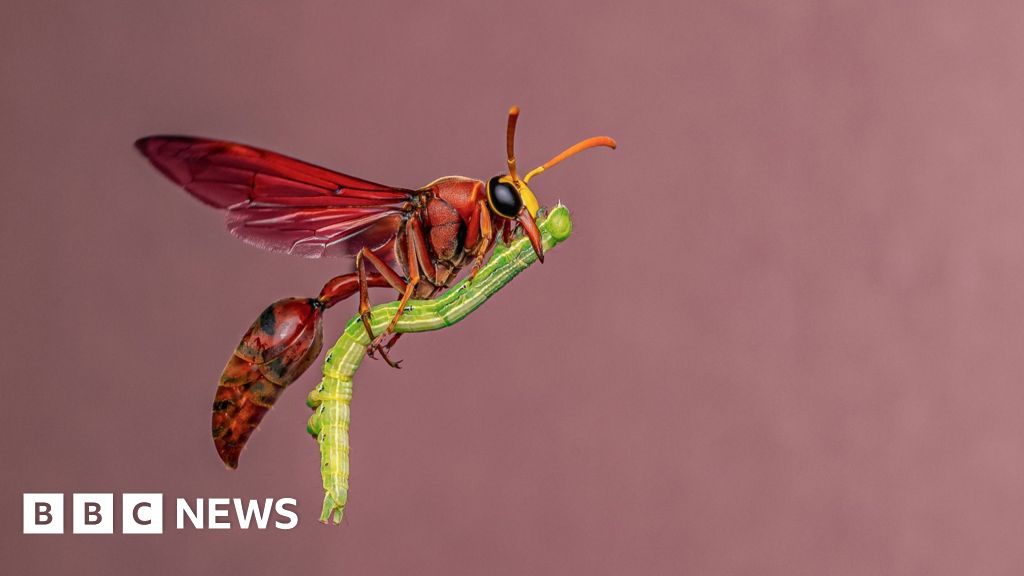Iceland has issued permits to allow two whale hunting vessels to operate over the next five years, igniting backlash from animal rights and environmental advocates. Each year, the permits authorize the capture of 209 fin whales and 217 minke whales during the season from June to September.
Animal welfare groups have condemned the decision, made by the outgoing conservative government, arguing it prioritizes industry needs over animal rights and environmental health. Officials have defended the issuance of permits, suggesting they provide “predictability” for the whaling industry, asserting that the quota was set in accordance with established advice.
Iceland, along with Japan and Norway, is one of only three countries that still permit whaling for commercial purposes. While fin and minke whales can be hunted, other whale populations remain under protection.
The most recent whaling season ended early, lasting only three weeks and resulting in the capture of 24 fin whales, falling short of the permitted quota. In a bid to ensure compliance with animal welfare standards, the previous whaling permits expired in 2023 following a government-sponsored review that revealed that the explosive harpoons being used caused significant suffering to the whales.
The Icelandic environment group criticized the new permits, expressing concerns for the climate, nature, and animal welfare. Sharon Livermore from the International Fund for Animal Welfare highlighted the influence of wealthy whalers within the nation, labeling the decision as a "highly controversial" and rushed move by a government on its way out.
Following snap elections that saw the ruling Independence Party replaced by the centre-left Social Democratic Alliance, the issuance of the permits has been labeled by detractors as politically motivated. Meanwhile, the Icelandic government maintains that the new quotas align with sustainable fishing practices as advised by the Norwegian Fisheries Agency.





















